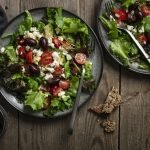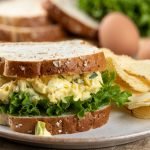Losing weight involves a combination of healthy eating, regular physical activity, and lifestyle changes. Here are some general dietary guidelines that may help you on your weight loss journey:
1. Balanced Diet:

– Consume a well-balanced diet that includes a variety of nutrient-dense foods. This typically includes fruits, vegetables, whole grains, lean proteins, and healthy fats.
2. Portion Control:
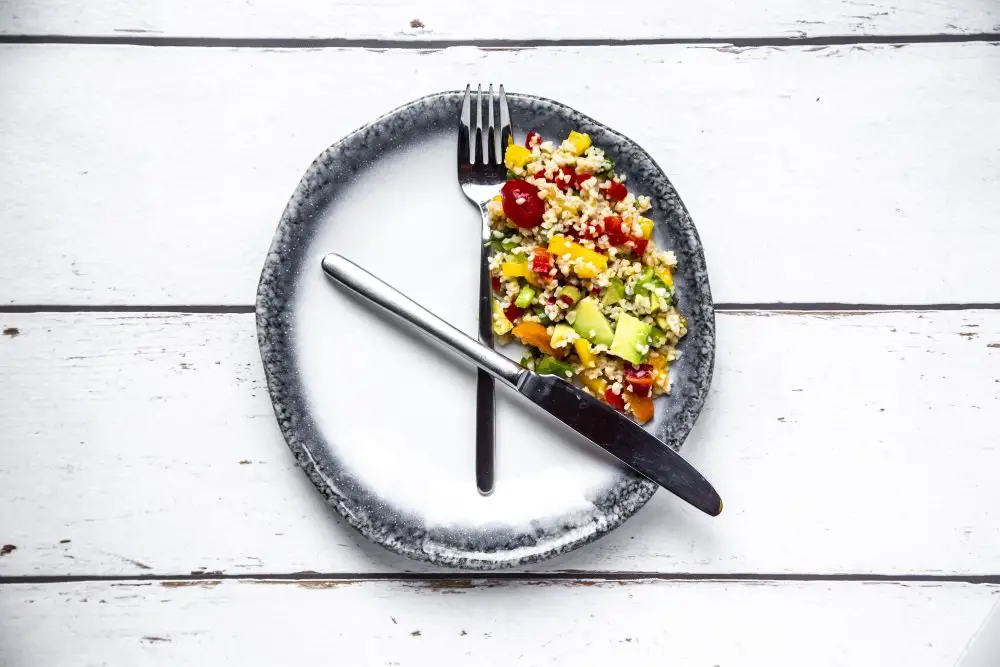
– Be mindful of portion sizes. Using smaller plates and paying attention to hunger and fullness cues can help you avoid overeating.
3. Hydration:

– Drink plenty of water throughout the day. Sometimes, feelings of hunger are actually signs of dehydration. Water can also help you feel fuller and reduce the likelihood of overeating.
4. Lean Proteins:
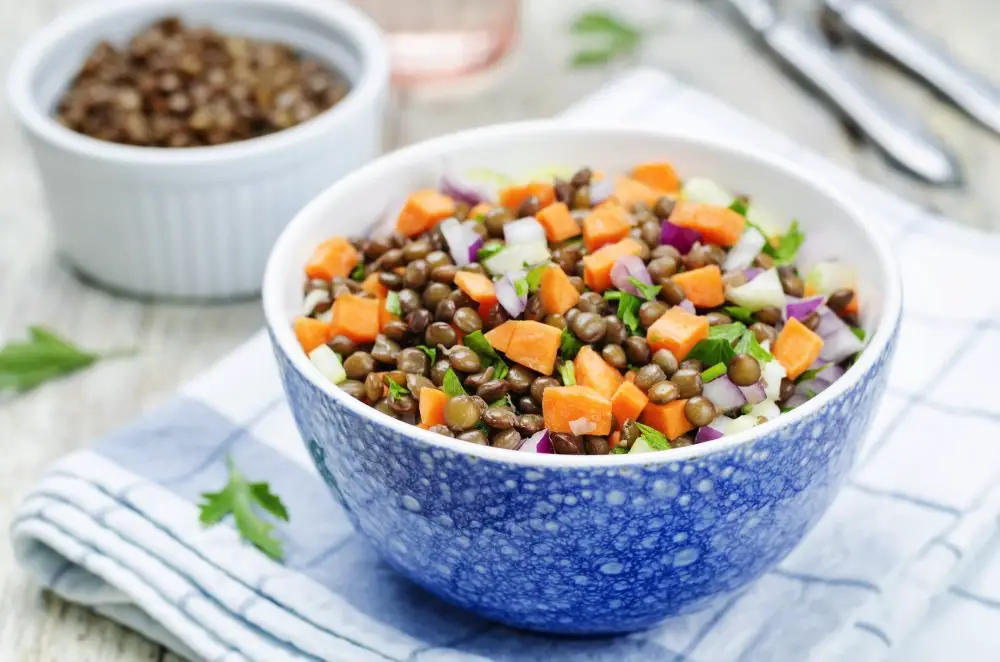
– Include lean protein sources in your meals, such as chicken, fish, beans, lentils, tofu, and low-fat dairy. Protein helps you feel full and supports muscle maintenance during weight loss.
5. Whole Grains:
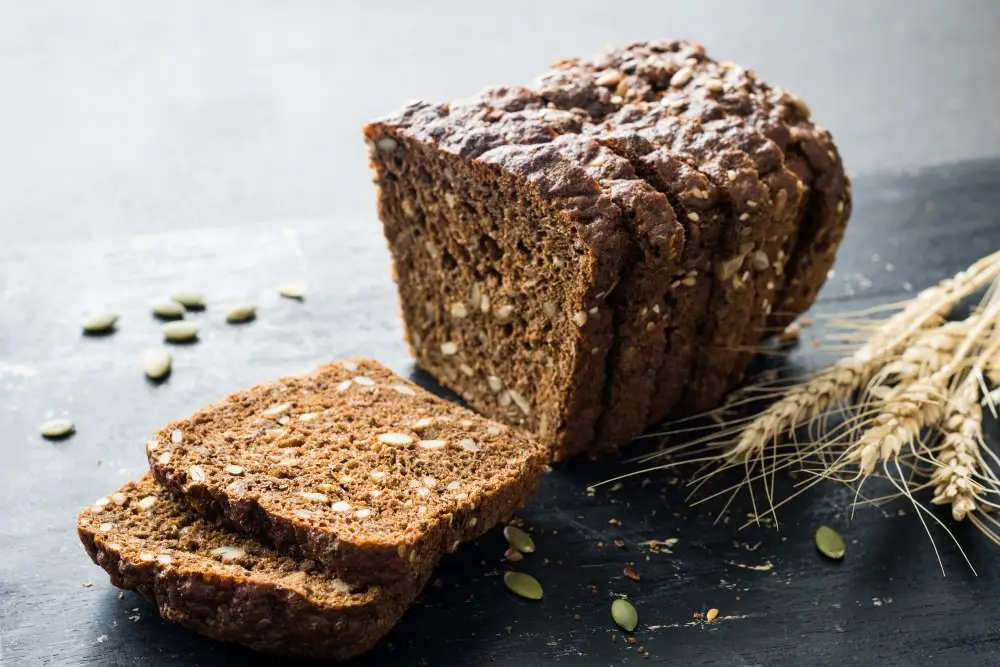
– Choose whole grains over refined grains. Whole grains, such as brown rice, quinoa, and whole wheat, provide more fiber and nutrients, promoting a feeling of fullness.
6. Healthy Fats:

– Include sources of healthy fats in your diet, such as avocados, nuts, seeds, and olive oil. These fats are essential for overall health and can help you feel satisfied.
7. Limit Added Sugars and Processed Foods:

– Minimize your intake of added sugars and highly processed foods. These foods are often high in calories and low in nutritional value.
8. Vegetables and Fruits:
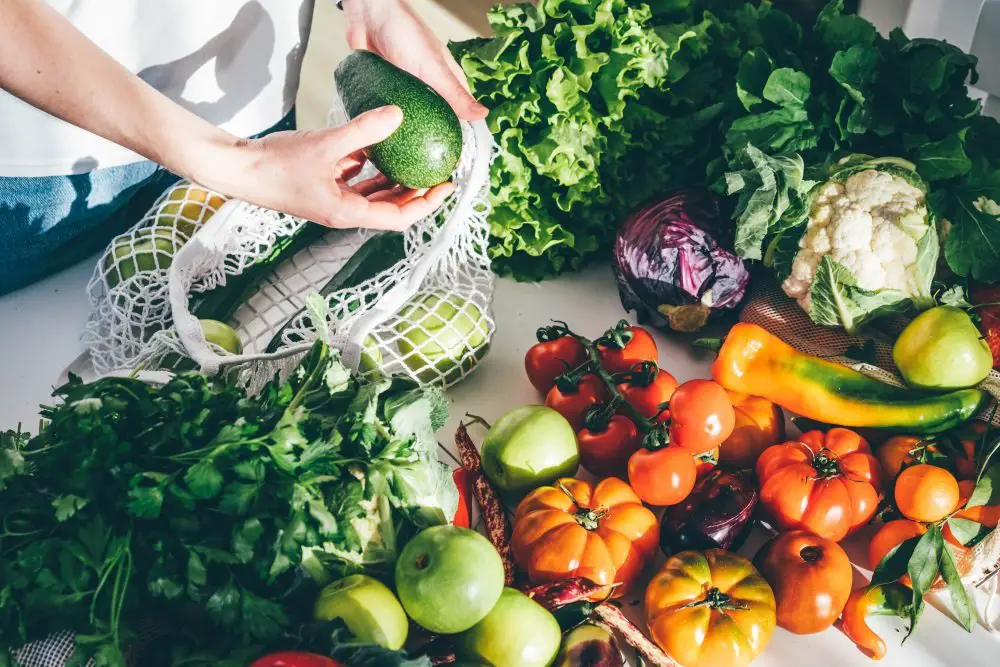
– Prioritize vegetables and fruits in your meals. They are low in calories and high in fiber, providing essential nutrients and helping you feel full.
9. Regular Meals and Snacks:
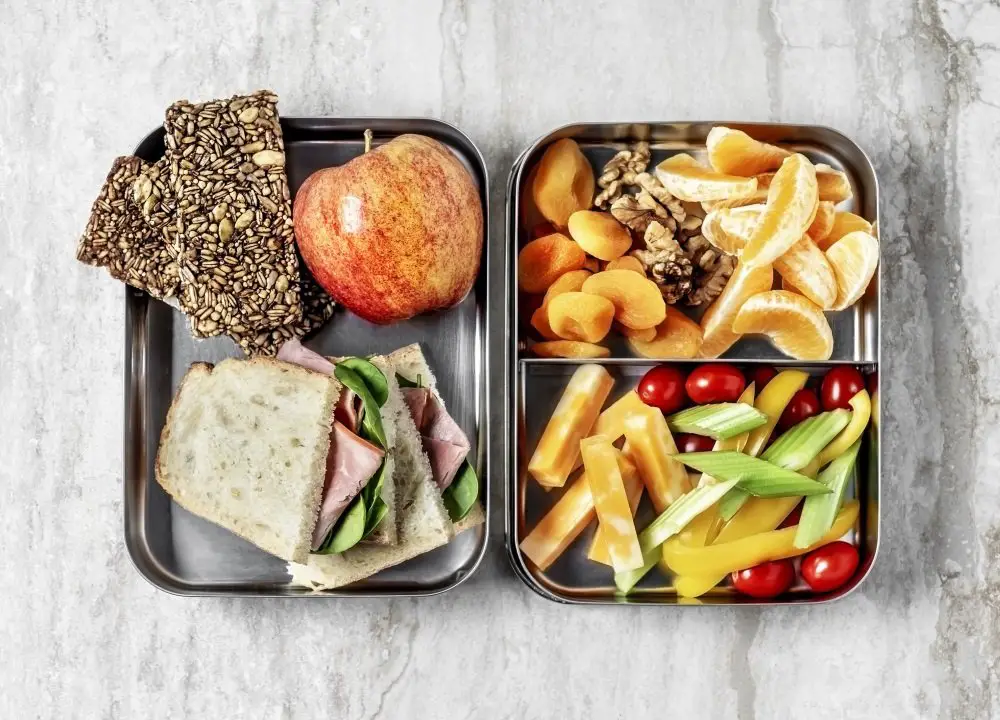
– Aim for regular, balanced meals and consider healthy snacks between meals if needed. This can help stabilize blood sugar levels and prevent excessive hunger.
10. Mindful Eating:

– Pay attention to what and how much you eat. Eating mindfully can help you savor your food, recognize true hunger and fullness, and prevent emotional eating.
11. Limit Liquid Calories:
– Be mindful of liquid calories from sugary beverages and high-calorie coffee drinks. Opt for water, herbal tea, or black coffee instead.
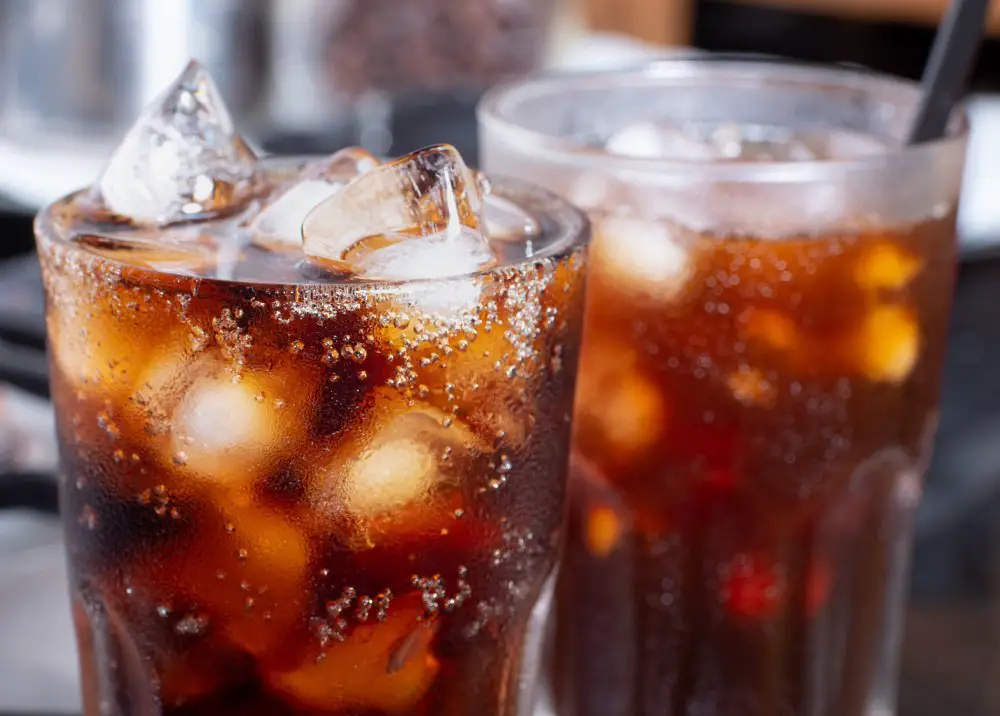
Remember that everyone’s body is different, and it’s essential to find an eating plan that works for you and is sustainable in the long term. Additionally, consulting with a healthcare professional or a registered dietitian can provide personalized guidance based on your individual needs and health status.




